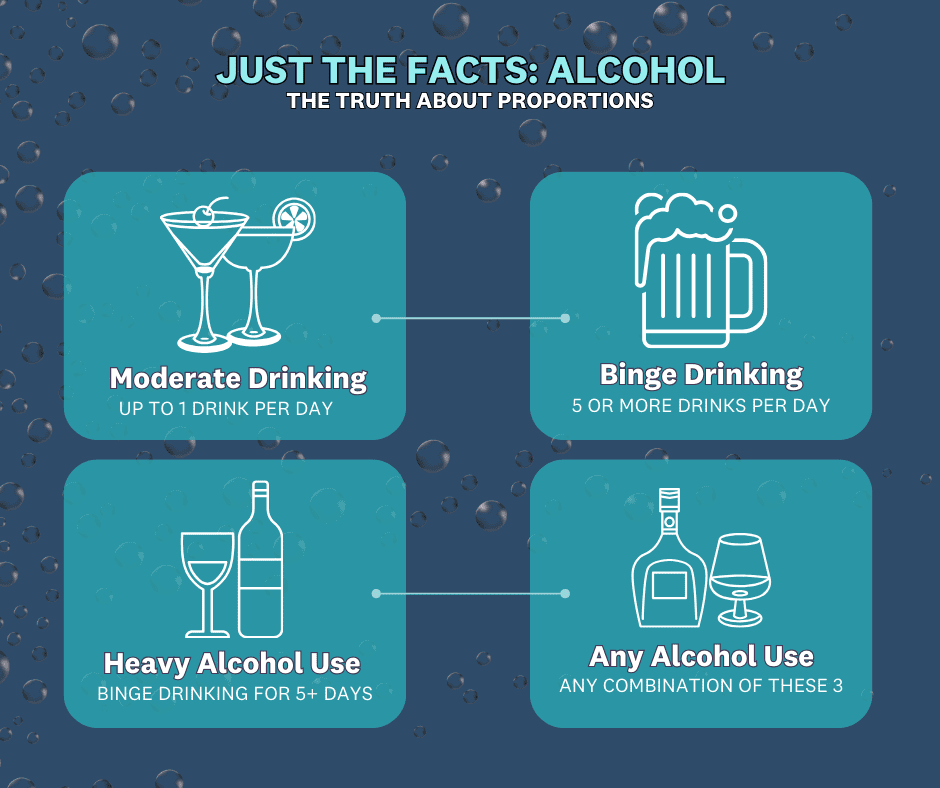Curious how many beers it takes to get you drunk based on your weight? Unlock the mystery and find out now!

Image courtesy of Anete Lusina via Pexels
Table of Contents
Picture this: you’re at a party, holding a cold beer in your hand, and you start to wonder, “How many beers will it take for me to get drunk?” It’s a common question, and the answer isn’t as straightforward as you might think. The number of beers it takes to reach a certain level of intoxication can vary widely from person to person, depending on a range of factors. In this blog post, we’ll delve deep into the science behind alcohol intoxication to help you better understand how many beers it might take for you to feel the effects.
Understanding Alcohol Metabolism
Alcohol metabolism is a complex process that occurs in the body after you consume a drink. When you drink alcohol, it is absorbed into your bloodstream through the stomach and small intestine. From there, it is processed by the liver, which breaks it down into acetaldehyde and then into acetic acid, which is eventually eliminated from the body.
Factors such as weight, age, and gender can play a significant role in how quickly your body processes alcohol. Generally, a person who weighs more will be able to metabolize alcohol more efficiently than someone who weighs less. Additionally, younger people tend to metabolize alcohol more quickly than older individuals, and men typically metabolize alcohol faster than women due to differences in body composition and enzyme activity.
Individual Tolerance Levels
One of the key factors influencing how many beers it takes to get drunk is an individual’s tolerance level to alcohol. Tolerance to alcohol is influenced by a variety of factors, including genetics, drinking patterns, and overall health.
Some people may have a higher tolerance to alcohol due to genetic factors that affect how their bodies process and eliminate alcohol. Additionally, frequent alcohol consumption can lead to an increase in tolerance, as the body becomes more efficient at metabolizing alcohol over time. Conversely, certain health conditions or medications can decrease tolerance levels, making individuals more susceptible to the effects of alcohol even after consuming only a small amount.
Factors Influencing Intoxication
Aside from individual tolerance levels, there are several other factors that can influence how quickly someone gets drunk after consuming alcohol. One of the most significant factors is food consumption. Eating a meal before or while drinking can slow down the absorption of alcohol into the bloodstream, leading to a slower onset of intoxication.

Image courtesy of www.safeproject.us via Google Images
Hydration is another important factor to consider when it comes to alcohol intoxication. Drinking water between alcoholic beverages can help prevent dehydration and may reduce the overall impact of alcohol on the body. Additionally, the alcohol content of the beverages you consume can also play a role in how quickly you get drunk. Drinks with higher alcohol content will result in a faster onset of intoxication compared to beverages with lower alcohol content.
Conclusion
So, how many beers does it take to get drunk? The answer is not a simple one, as it depends on a variety of factors unique to each individual. Understanding the science behind alcohol metabolism, individual tolerance levels, and other influencing factors can help you make informed decisions about your alcohol consumption and drink responsibly.
Remember, everyone’s body is different, and what might cause intoxication in one person may not have the same effect on another. By being mindful of your alcohol intake, paying attention to how your body reacts to alcohol, and making responsible choices, you can enjoy your drinks without going overboard.
Whether you’re socializing with friends, relaxing at home, or celebrating a special occasion, knowing your limits and prioritizing your health and safety should always be at the forefront of your mind. Cheers to a better understanding of how alcohol affects our bodies and to making informed choices when it comes to drinking!
Frequently Asked Questions
How many beers does it take to get drunk?
Answer 1: The number of beers needed to get drunk varies depending on factors such as weight, tolerance level, and alcohol content. Some individuals may feel the effects of intoxication after a few beers, while others may require more to reach the same level of drunkenness.
Does gender play a role in how quickly someone gets drunk?
Answer 2: Yes, gender can impact how quickly someone gets drunk. Men typically metabolize alcohol faster than women due to differences in body composition and enzyme activity. However, individual tolerance levels and other factors also play a significant role in alcohol intoxication.
Can food consumption affect alcohol intoxication?
Answer 3: Yes, eating a meal before or while drinking can slow down the absorption of alcohol into the bloodstream, leading to a slower onset of intoxication. Hydration is also essential in reducing the impact of alcohol on the body and preventing dehydration during alcohol consumption.
How can I estimate how many beers it will take for me to get drunk?
Answer 4: While it’s challenging to provide an exact number of beers, considering factors such as your weight, tolerance level, and the alcohol content of the beverages you consume can help you estimate how many beers it might take for you to feel intoxicated. However, always drink responsibly and know your limits.
Powered by Texta.ai Blog Automation
Leave a Reply